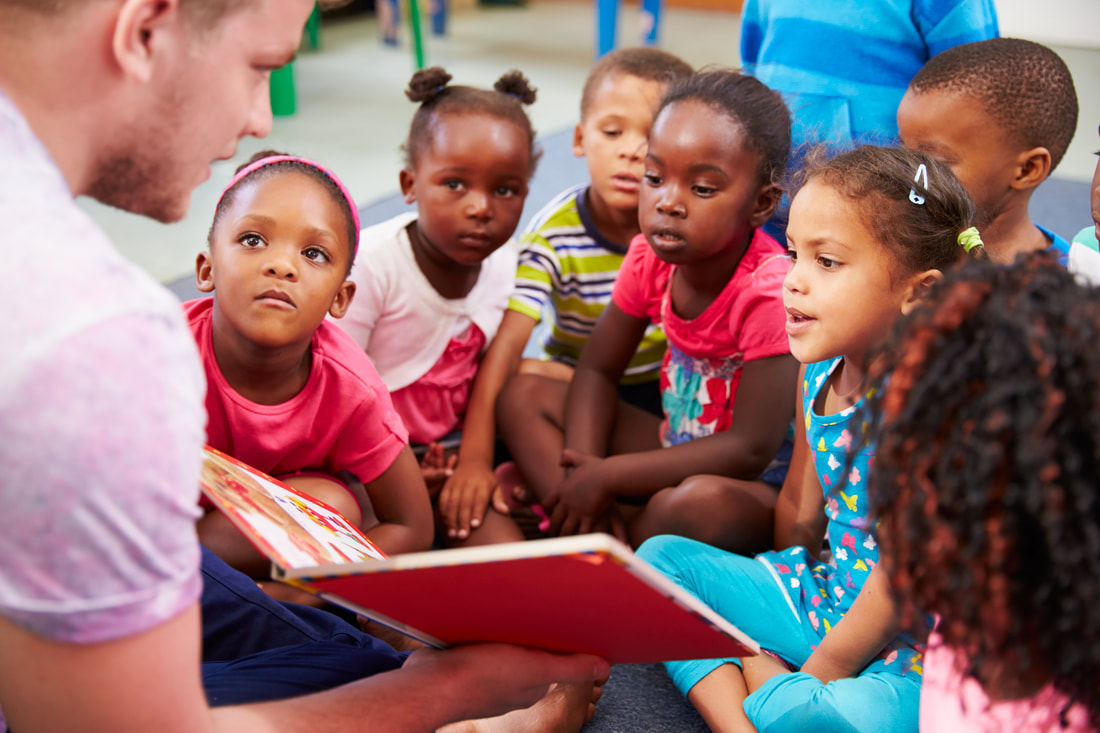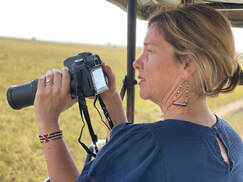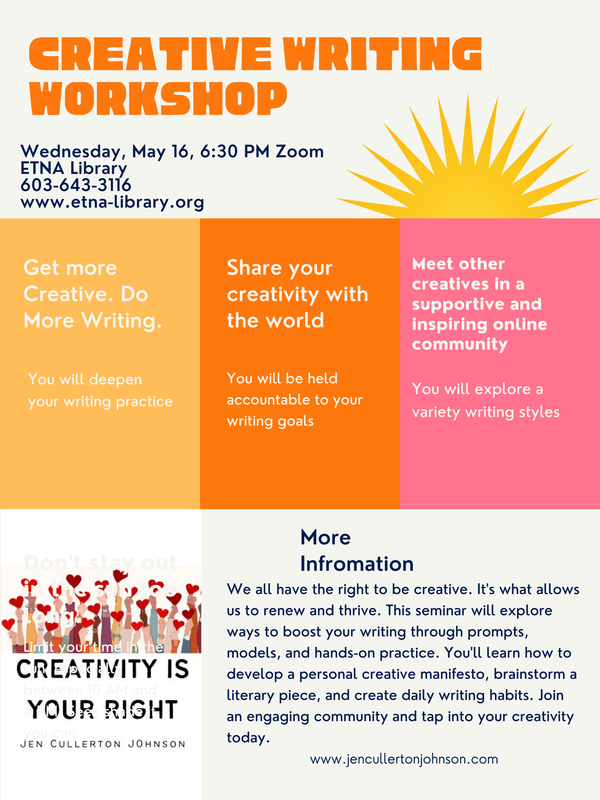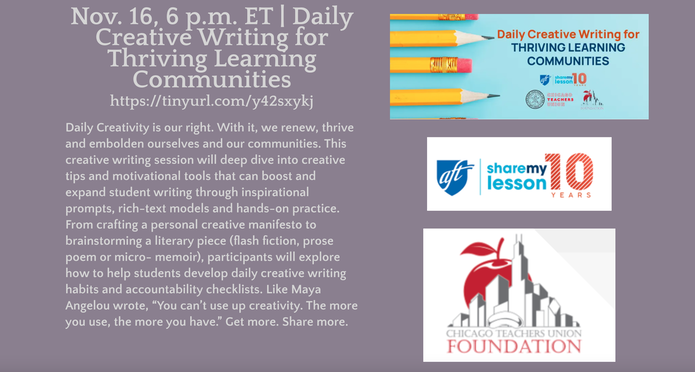 2024: The Year of Creativity Unveiled As we step into 2024, a palpable sense of anticipation surrounds us, heralding the dawn of what promises to be the Year of Creativity. In a world that craves innovation and fresh perspectives, this year beckons individuals from all walks of life to unleash their imaginative prowess. Amidst global challenges, the call for creative solutions resonates louder than ever. The convergence of technology, diverse cultural influences, and a collective yearning for positive change sets the stage for a creative renaissance. From the arts to technology, education to business, the landscape is ripe for innovative endeavors. The fusion of creativity and practicality emerges as a driving force, empowering individuals to reimagine, reinvent, and redefine the norms. In 2024, we're witnessing a surge of creative energies, a collective uprising of ideas that transcend boundaries. From grassroots initiatives to corporate boardrooms, the emphasis on fostering a culture of creativity is evident. Moreover, the digital age provides a vast canvas for creative expression. Social media platforms, virtual spaces, and collaborative tools become the arenas where creativity flourishes, connecting like-minded individuals across the globe. As we navigate the challenges and opportunities of the year, embracing creativity becomes a transformative act. It's not just about producing art; it's about problem-solving, ideation, and envisioning a future that is shaped by bold and imaginative minds. In classrooms, workplaces, and personal endeavors, the ethos of 2024 encourages us to embrace a creative mindset. The interplay of diverse perspectives and the celebration of individual ingenuity contribute to a dynamic tapestry of innovation. Let 2024 be the year where each stroke of creativity adds vibrancy to our collective canvas. A year where ideas are nurtured, risks are taken, and the boundaries of what is possible are continually pushed. As we embark on this creative odyssey, let's embrace the spirit of 2024 — the Year of Creativity — and let our imaginations soar to new heights.
0 Comments
Through our collective sharing and encouragement, we will inspire each other to push beyond our current limits and explore new territories in our writing. We will challenge ourselves to write in different genres and experiment with new writing techniques. By the end of the seminar, participants will have gained the tools and confidence to tackle any creative writing project, from personal journaling to publishing their work. They will have formed connections with other writers, supporting and inspiring each other on their respective creative journeys. Don't let your creativity go untapped. Join us for Creativity is Your Right and unlock your full potential as a writer.
 By Jen Cullerton Johnson As a children’s book writer, educator and founder of Books on Benches, a non for profit that brings children’s books into Family Court waiting areas and related spaces such as judges’ chambers, lawyers' offices and community legal centers, I have witnessed the impact that picture books can have on children. Picture books are more than just a way to entertain children; they are crucial in promoting literacy, empathy and n early childhood. Picture books are a powerful tool for promoting literacy and social justice in early childhood. Parents and educators can help children develop their critical thinking skills and understanding of social justice issues by choosing books that promote diversity, inclusion, and empathy. Picture books also promote empathy and understanding, essential for creating a more just and equitable society. Significance of Picture Books in Child Development Picture books are an essential part of early childhood development. They introduce children to the world of language and help them develop their vocabulary, comprehension, and critical thinking skills. Picture books also foster a love of reading and can spark a lifelong passion for learning. But picture books do more than just teach children how to read. They also promote empathy and understanding by exposing children to different cultures, experiences, and perspectives. Role of Picture Books in Promoting Literacy and Empathy Picture books help promote literacy and empathy in early childhood. They expose children to new ideas, experiences, and perspectives and help them develop their vocabulary and comprehension skills. Picture books also promote empathy by helping children understand and relate to the experiences of others. Children can develop empathy and understanding for people from different backgrounds by reading picture books. Strategies for Using Picture Books to Teach Literacy and Social Justice There are many strategies that parents and educators can use to teach literacy and social justice using picture books. One strategy is to choose books that promote diversity, inclusion, and empathy. By exposing children to different cultures and experiences, we can help them develop a sense of empathy and understanding for people who are different from themselves. Another strategy is to use picture books to spark discussions about social justice issues. By asking questions and encouraging children to think critically, we can help them develop their critical thinking skills and understanding of social justice issues. A delegation of teachers from the Chicago Teachers Union traveled to Oaxaca, Mexico, to be part of the Trinational Conference on Defending Public Education. The Trinational Conference highlights issues facing teachers' unions in the United States, Mexico, and Canada. A significant pre-event included visiting preschools, elementary schools, and high schools, where teachers observed how students helped co-create the curriculum in their schools. Participants engaged in community building, teacher autonomy, indigenous rights privatization during the conference, and much more.
|





 RSS Feed
RSS Feed